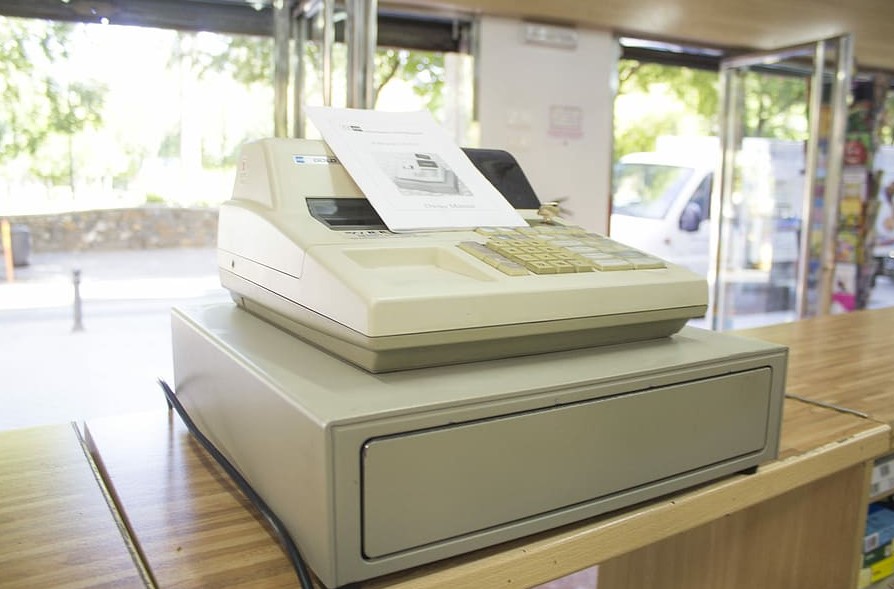
Businesses are constantly seeking innovative solutions to streamline their operations and enhance efficiency. One area where this is particularly important is electronic point of sale (EPOS) systems. These systems play a crucial role in modern-day businesses, allowing for seamless transactions and effective inventory, sales, and customer data management to achieve optimal functionality and cost-effectiveness in EPOS systems; open-source programming emerges as a powerful tool. This article will explore the benefits of open-source programming for EPOS systems and how it enables businesses to create cost-effective solutions (source: ponto eletronico).
Understanding Open-Source Programming
Open-source programming provides access to a software’s source code, allowing developers to view, modify, and distribute it freely. Unlike proprietary software, which is closed and restricts user access to its codebase, open-source software encourages collaboration, transparency, and innovation. This collaborative approach has led to numerous successful projects and communities.
The Flexibility of Open-Source Programming
One of the key advantages of open-source programming for EPOS systems is its flexibility. Open-source solutions allow developers to customize and tailor the software according to their specific business needs. This flexibility enables businesses to create EPOS systems uniquely suited to their operations, allowing for seamless integration with existing workflows and processes.
Cost-Effectiveness and Affordability
Cost-effectiveness is a major consideration for businesses of all sizes. Open-source programming offers a cost-effective alternative to proprietary software solutions, as it eliminates the need for expensive licensing fees. With open-source EPOS systems, businesses can significantly reduce their upfront costs while still benefiting from robust and feature-rich software. Additionally, the availability of a large and active developer community ensures ongoing support and updates, further enhancing the long-term affordability of open-source solutions.
Enhanced Security and Reliability
Security is of paramount importance when it comes to EPOS systems, as they handle sensitive customer information and financial transactions. Open-source programming promotes enhanced security and reliability through its transparent nature. The accessibility of the source code allows for continuous scrutiny and identification of vulnerabilities by developers worldwide. With a larger pool of contributors reviewing the code, open-source EPOS systems can quickly address security issues and release updates, ensuring a more secure and reliable software environment for businesses.
Innovation and Community Collaboration
Open-source programming fosters a culture of innovation and collaboration within the developer community. By sharing knowledge and expertise, developers can collectively improve upon existing solutions and create innovative features. In the realm of EPOS systems, this means that open-source software can keep pace with the evolving needs and expectations of businesses. Furthermore, the vibrant open-source community provides a wealth of resources, forums, and support channels, enabling businesses to leverage the collective wisdom of like-minded developers.
How to Create Cost-Effective Open-Source EPOS Solutions
Now that we have explored the benefits of open-source programming for EPOS systems, let’s delve into how businesses can create cost-effective solutions using this approach.
1. Assess Business Requirements
The first step in developing a cost-effective open-source EPOS solution is to assess your business requirements thoroughly. Consider factors such as the scale of operations, desired features, integration capabilities, and future scalability. By understanding your specific needs, you can identify the most suitable open-source EPOS software and customize it accordingly.
2. Choose the Right Open-Source Software
With a myriad of open-source EPOS software available, it’s essential to choose the right one that aligns with your business goals and requirements. Conduct thorough research, evaluate the available options, and consider factors such as community support, development activity, and user reviews. Selecting a well-established and actively maintained open-source project ensures ongoing support and a reliable software foundation.
3. Customize and Integrate
Once you have selected the open-source software, the next step is to customize and integrate it with your existing systems and processes. Leverage the flexibility of open-source programming to tailor the software to your unique business needs. Work closely with your development team or engage experienced professionals to ensure seamless integration and optimal performance.
4. Ongoing Support and Maintenance
While open-source EPOS solutions benefit from a large community of contributors, it’s crucial to have a dedicated support and maintenance strategy in place. Establish clear channels for support, leverage community forums, and consider engaging professional support services when necessary. Regularly update and patch your software to stay protected against security vulnerabilities and ensure ongoing stability and functionality.
Read also: Reasons Why You Need to Sort Windows Apps
Conclusion
Open-source programming offers numerous benefits for businesses seeking cost-effective solutions for their electronic point of sale systems. With its flexibility, affordability, enhanced security, and innovation opportunities, open-source EPOS software provides a powerful platform for businesses to create tailored solutions that meet their specific requirements. By leveraging the advantages of open-source programming and following best practices in customization and maintenance, businesses can drive operational efficiency, streamline processes, and stay ahead in the dynamic world of EPOS systems.
